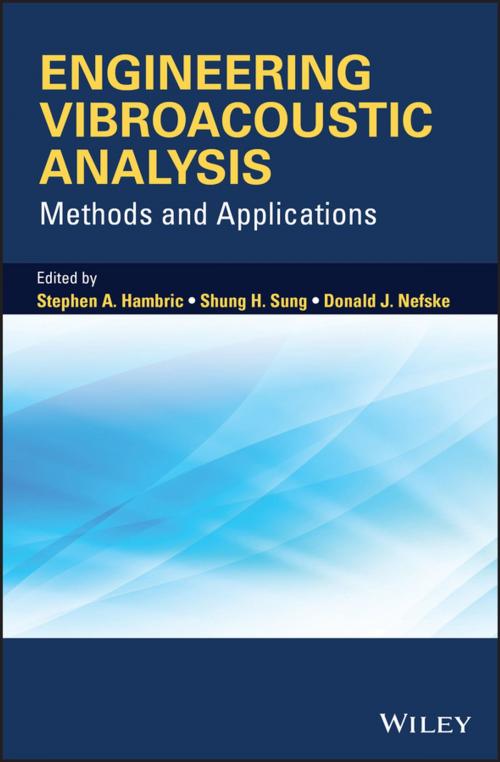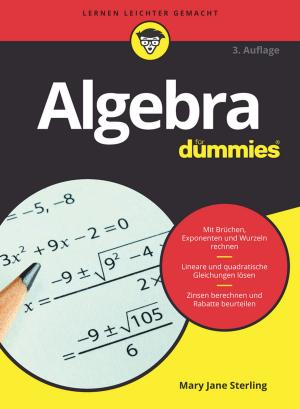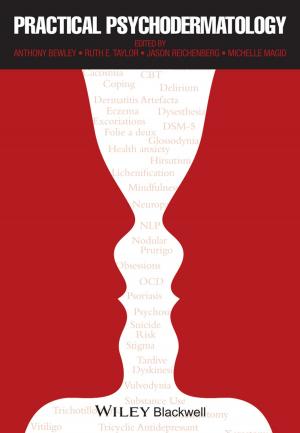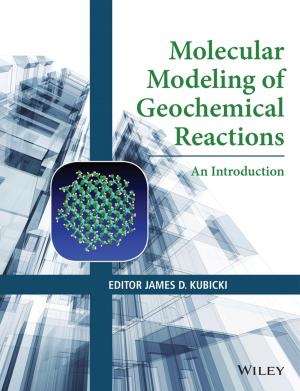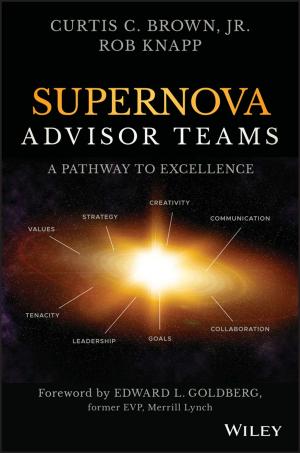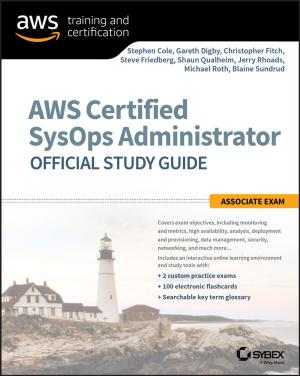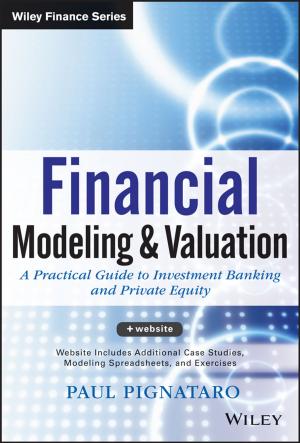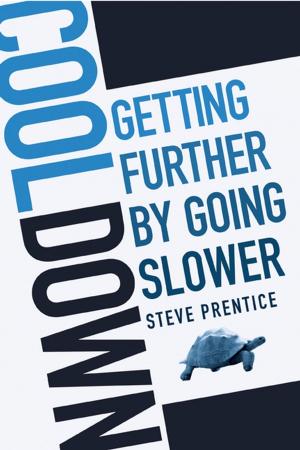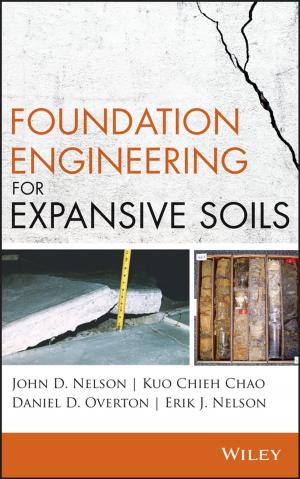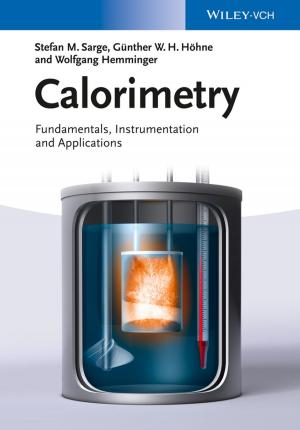Engineering Vibroacoustic Analysis
Methods and Applications
Nonfiction, Science & Nature, Technology, Drafting & Mechanical Drawing| Author: | ISBN: | 9781118694015 | |
| Publisher: | Wiley | Publication: | February 18, 2016 |
| Imprint: | Wiley | Language: | English |
| Author: | |
| ISBN: | 9781118694015 |
| Publisher: | Wiley |
| Publication: | February 18, 2016 |
| Imprint: | Wiley |
| Language: | English |
The book describes analytical methods (based primarily on classical modal synthesis), the Finite Element Method (FEM), Boundary Element Method (BEM), Statistical Energy Analysis (SEA), Energy Finite Element Analysis (EFEA), Hybrid Methods (FEM-SEA and Transfer Path Analysis), and Wave-Based Methods. The book also includes procedures for designing noise and vibration control treatments, optimizing structures for reduced vibration and noise, and estimating the uncertainties in analysis results. Written by several well-known authors, each chapter includes theoretical formulations, along with practical applications to actual structural-acoustic systems. Readers will learn how to use vibroacoustic analysis methods in product design and development; how to perform transient, frequency (deterministic and random), and statistical vibroacoustic analyses; and how to choose appropriate structural and acoustic computational methods for their applications. The book can be used as a general reference for practicing engineers, or as a text for a technical short course or graduate course.
The book describes analytical methods (based primarily on classical modal synthesis), the Finite Element Method (FEM), Boundary Element Method (BEM), Statistical Energy Analysis (SEA), Energy Finite Element Analysis (EFEA), Hybrid Methods (FEM-SEA and Transfer Path Analysis), and Wave-Based Methods. The book also includes procedures for designing noise and vibration control treatments, optimizing structures for reduced vibration and noise, and estimating the uncertainties in analysis results. Written by several well-known authors, each chapter includes theoretical formulations, along with practical applications to actual structural-acoustic systems. Readers will learn how to use vibroacoustic analysis methods in product design and development; how to perform transient, frequency (deterministic and random), and statistical vibroacoustic analyses; and how to choose appropriate structural and acoustic computational methods for their applications. The book can be used as a general reference for practicing engineers, or as a text for a technical short course or graduate course.
